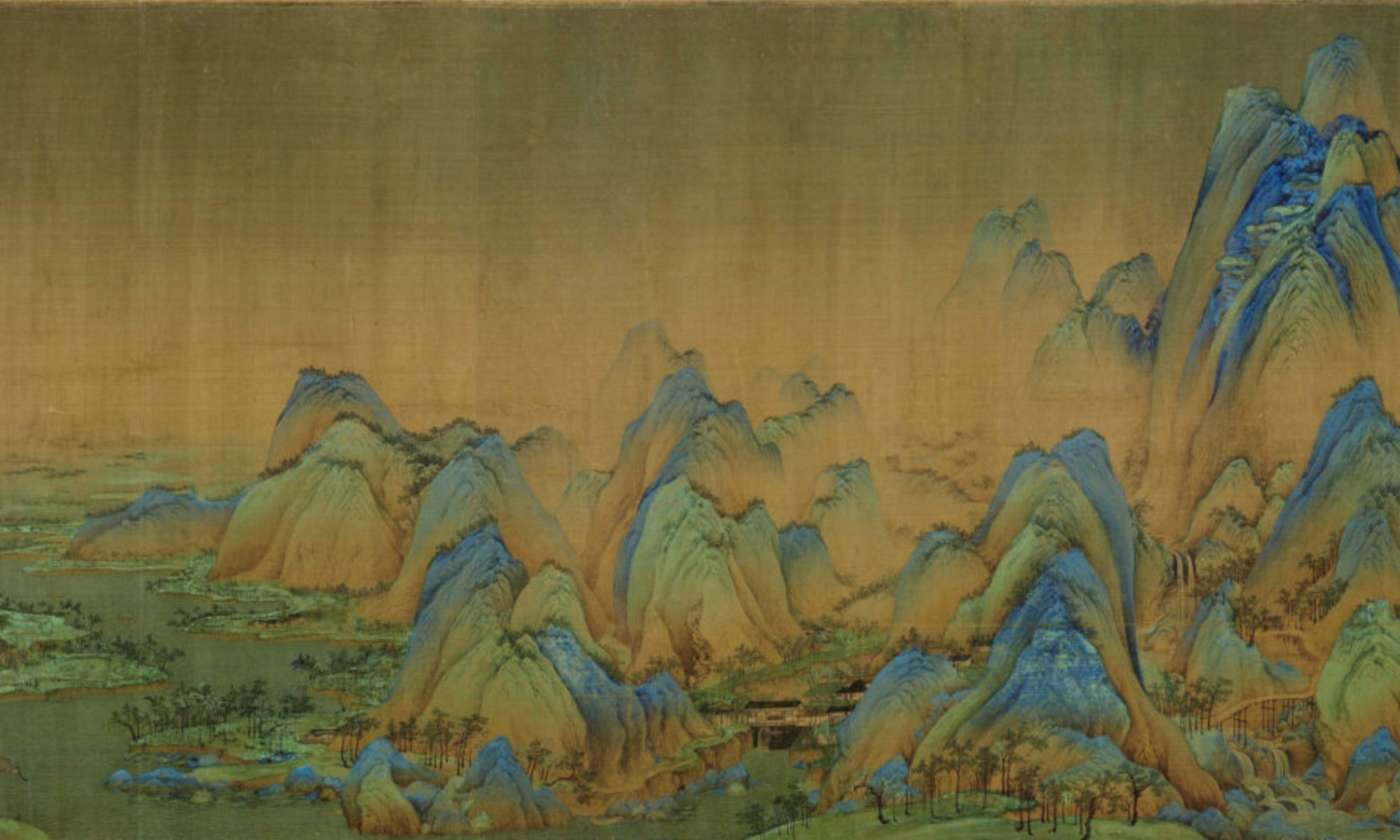Saturday, January 7, 2023: 1:30 PM-3:00 PM
Philadelphia Marriott Downtown, Room 306
Chair(s):
Yao Ping, California State University, Los Angeles
Papers:
Sheng Shicai, the CCP, and the Soviet Influence in Xinjiang, 1933–43
Xiao-Bing Li, University of Central Oklahoma
Writing History in China from the Late Qing to Reformed China
Qiang Fang, University of Minnesota Duluth
Li Dazhao and the Formation of the United Front between the KMT and the CCP
Patrick Fuliang Shan, Grand Valley State University
Comment: Guo Wu, Allegheny College
Panel Description
China was significantly transformed in the 20th century, along with its extreme makeover from empire to republic, from tradition to modernity, and from imperial stability to violent revolutions. The three papers here examine China’s dramatic changes from some unique perspectives. Historical writing in 20th century China underwent dramatic changes, as diverse paradigms were adopted for historical interpretation. Yet, the Marxist doctrine introduced from the USSR (also from the West) has dominated China’s historiography for decades. The USSR was a matchmaker for the alliance between the KMT and the CCP in the 1920s. Yet, this alliance was forged with the substantial assistance of China’s early communists, such as Li Dazhao. The Soviet penetration into China’s northwestern frontier of Xinjiang and Chinese communist maneuvers are discussed in the third paper. Thus, a common theme of this panel is to investigate China’s dramatic transformation and its special ties with its northern neighbor.
Paper Abstracts
- “Sheng Shicai, the CCP, and the Soviet Influence in Xinjiang, 1933-1943”, Xiaobing Li, University of Central Oklahoma
From 1933 to 1942, the Soviet Union provided military, economic, and political support to warlord Sheng Shicai’s government and sent Russian advisors to Xinjiang by working in Sheng’s administration. Soviet leader Josef Stalin’s brother-in-law led a Russian economic construction committee to Xinjiang to help the provincial government with the first three-year plan (1937-1940). This paper examines Moscow and Comintern’s intention and policy toward Sheng during the 1930s and explains how the Chinese Communist Party (CCP) failed to open a western route from Yan’an to the Chinese-Russian border through Xinjiang, to receive Soviet aid. However, the CCP took the opportunity and sent some officers to study military and aviation skills in Russian-sponsored academies in Xinjiang. The Chinese Communists had their first group of graduates in 1940 capable of forming an independent technical aviation team during World War II. This young group of students from Xinjiang Airlines Training Academy grew into the backbone of the PLA Air Force after the founding of the People’s Republic of China, and many of them took leadership roles at the high levels of the Chinese Air Force.
- “Writing History in China from the Late Qing to Reformed China”, Qiang Fang, University of Minnesota Duluth
Chinese historical writing can be traced back to ancient times. Yet, China’s historiography underwent four major overall changes in terms of paradigms. Starting from the Han dynasty, historians were organized by imperial rulers to compile histories of the former dynasty, which centered on the rise and fall of different empires with a focus on former emperors, officials, wars, and legal systems. Very little ink had been spilled on science, medicine, agriculture, and art. In the late Qing dynasty, new historiography from the West was introduced, which differed sharply from the traditional one, as it shifted to people, social changes, and human evolution. In the 1930s, Marxist historians emerged with a clarion call of a historiography based on class theory and historical materialism. After the communist takeover of mainland China, communist historians were compelled to write histories appealing to the political needs of the party, including tweaking and fabricating histories. Mao’s death helped loosen the political grip, while historians enjoyed more freedom and thus were eager to deviate from the orthodox Marxist historiography by embracing Western historiography. More importantly, the latest paradigm of historiography markedly demonstrates a wide variety of and interest in microhistories that have been either downplayed or dismissed previously.
- “Li Dazhao and the Formation of the United Front between the KMT and the CCP”, Patrick Fuliang Shan, Grand Valley State University
This paper investigates the important role of Li Dazhao in the shaping of the first united front between the Nationalist Party and the Chinese Communist Party (CCP) in the mid-1920s. In fact, this political alliance was so vital that it changed the history of modern China, as it enabled the Nationalist Party to unify China and to end the warlord era. Traditionally, many scholars focus on Sun Yat-sen and his close relationship with the Soviet Union to interpret the shaping of this united front, which neglects the important role of China’s early communists. In this paper, Li Dazhao’s role will be highlighted. Li was China’s first communist and a co-founder of the CCP. By working closely with his political partners, he promoted this united front and personally supported it vehemently. By utilizing voluminous primary sources, this paper reveals Li’s crucial roles in communicating with Sun Yat-sen, in persuading the early communists to embrace the alliance, and in working closely with the Soviet Union for its finalization. In fact, Li worked diligently for this united front for which he ultimately sacrificed his life, as he was executed by the warlord Zhang Zuolin in 1927.
